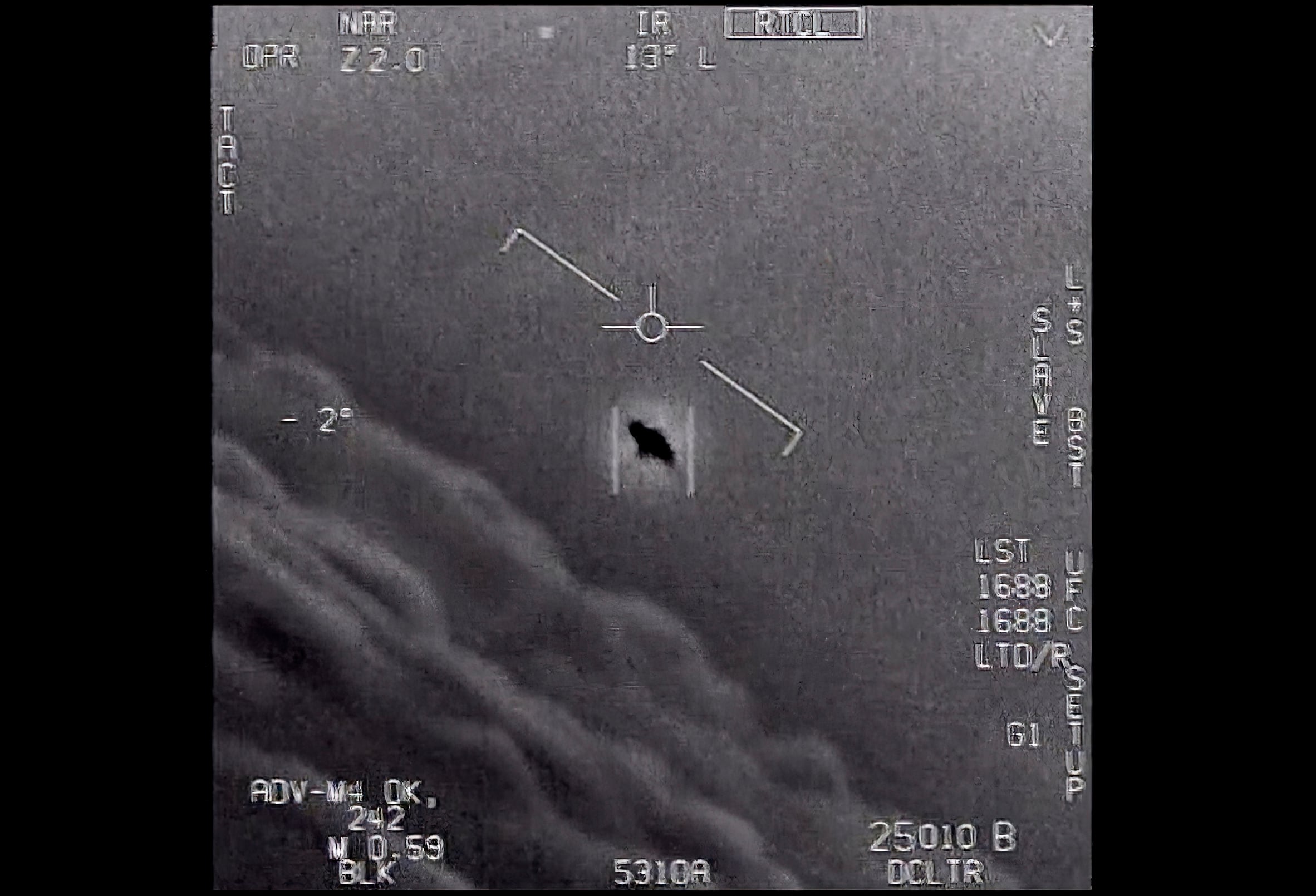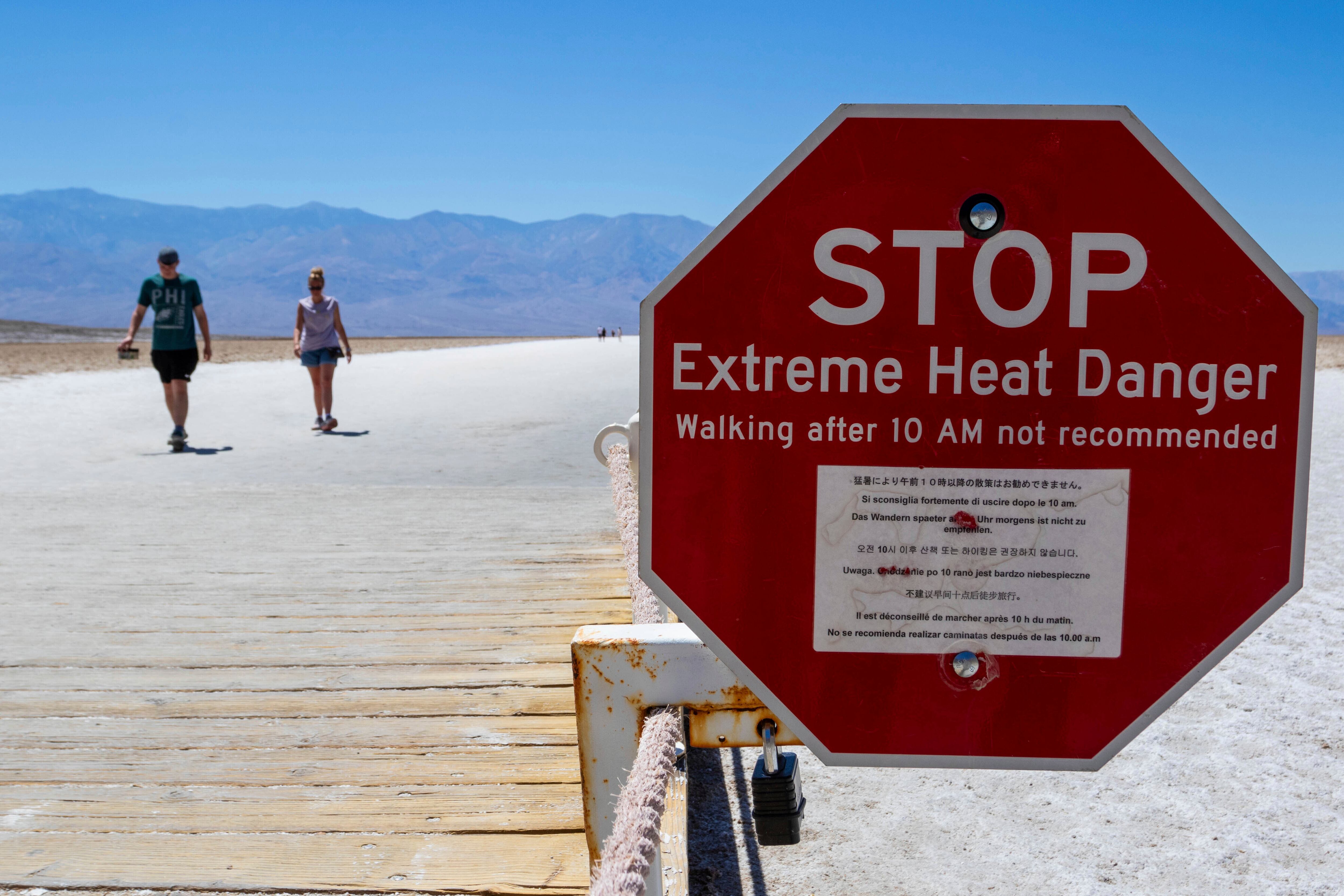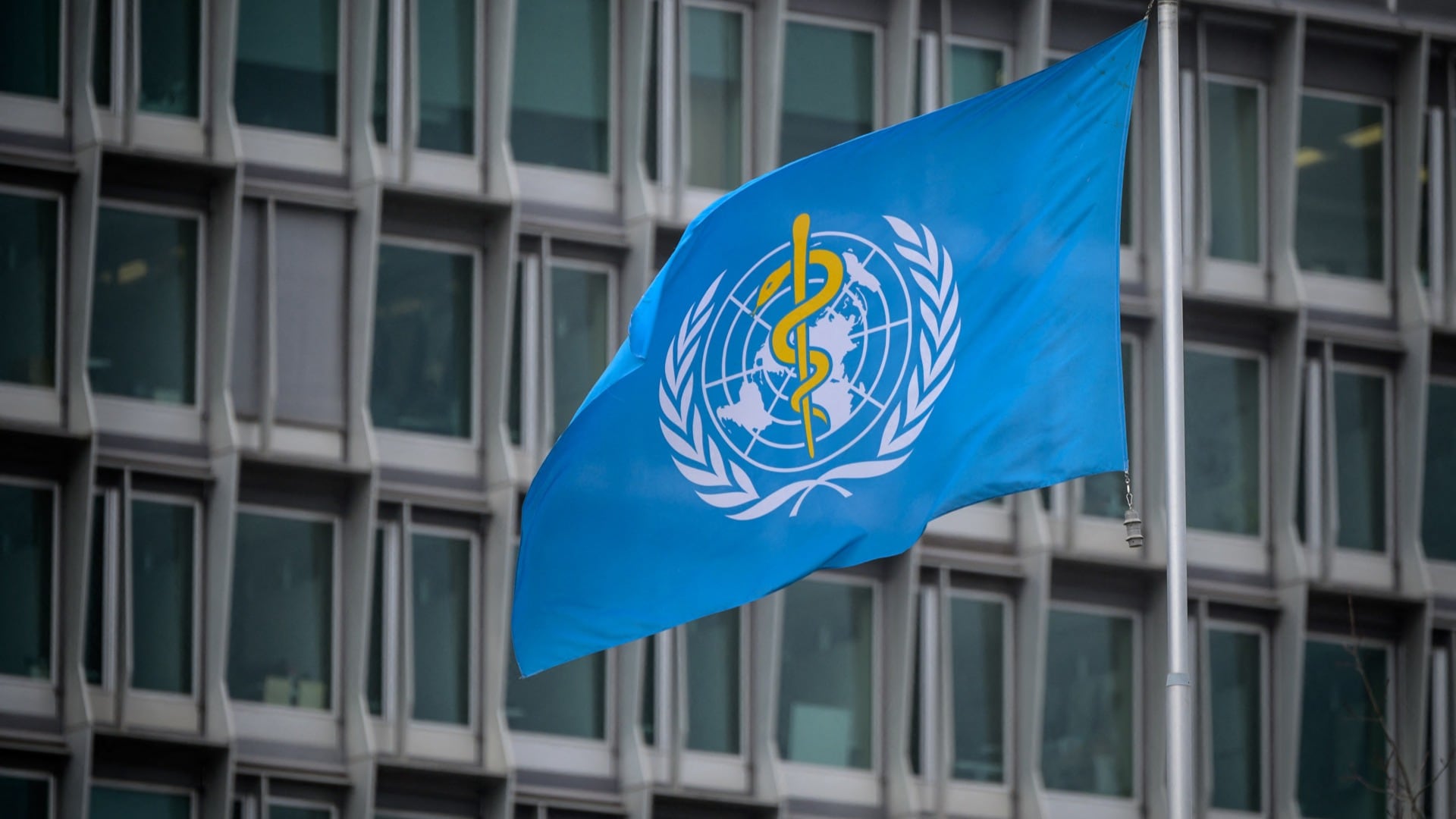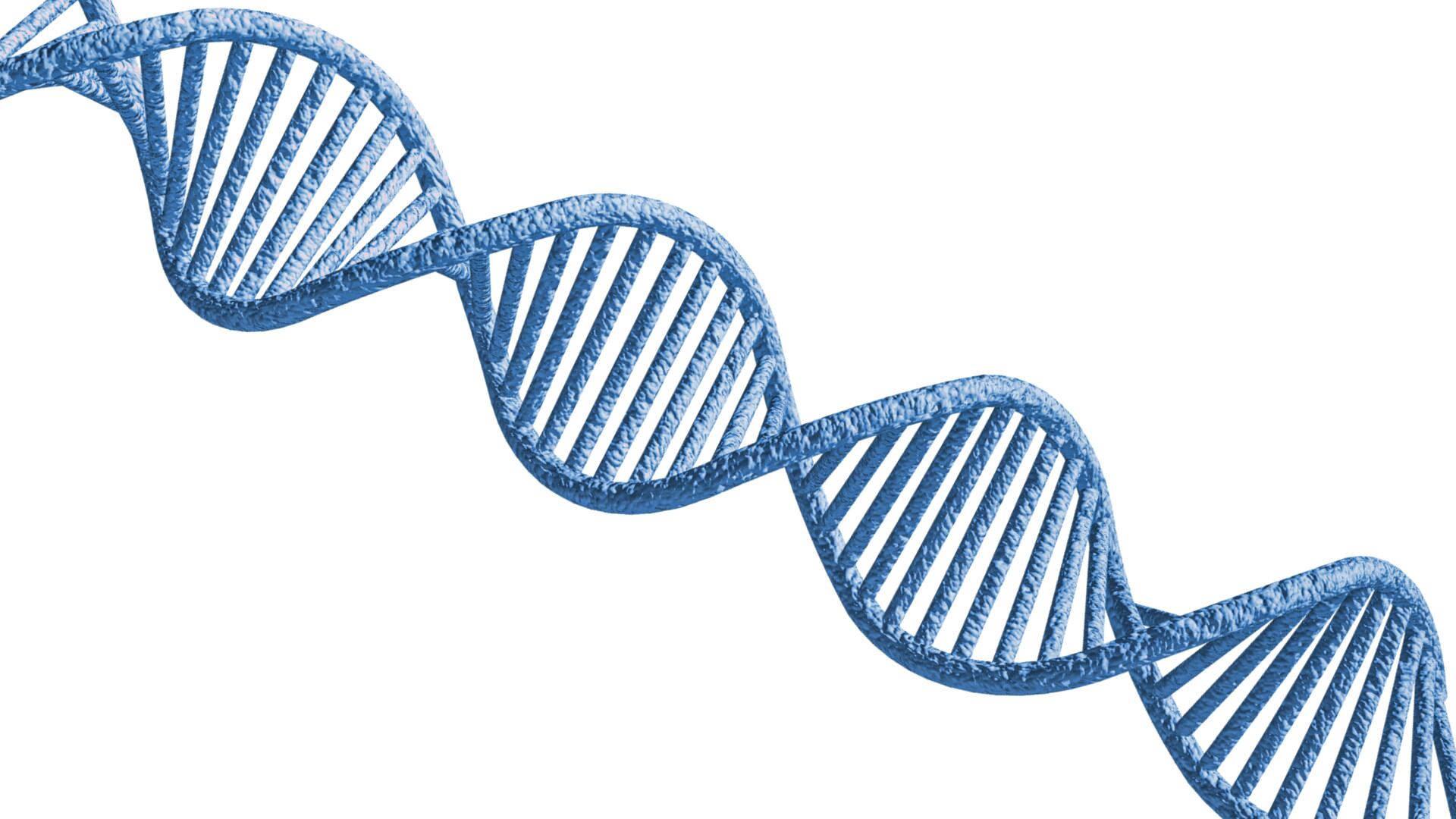SpaceX's Falcon Heavy has arrived at its launch pad at the Kennedy Space Center. Will Goodman, Managing Editor at Rockets are Cool, joins Cheddar to discuss what testing the Falcon Heavy will undergo before liftoff in January.
Goodman says the rocket should make it to space by early January, barring any major issues during the testing phase. As for what's on the docket for 2018, Goodman says SpaceX will continue to ramp up efforts for the BFR. He also believes it will add more Falcon 9 launches beyond the three it already has planned for January.
Now Elon Musk had promised to bring two private citizens to the moon in 2018, but will it actually happen? Goodman doesn't believe so, but he has high hopes for the aerospace community in general for the next year...including Blue Origin and Virgin Galatic.
A 7.2 magnitude earthquake was reported in Alaska over the weekend, leading to a brief tsunami warning.
Over 11 million Americans are under a heat advisory, with the extreme weather hitting the southern U.S.
Temperatures in central and southern California could hit 120 degrees Fahrenheit this weekend.
The World Health Organization moved to classify aspartame, the artificial sweetener in diet soda, as a possible carcinogen.
The World Health Organization's cancer agency has deemed the sweetener aspartame — found in diet soda and countless other foods — as a “possible” cause of cancer, while a separate expert group looking at the same evidence said it still considers the sugar substitute safe in limited quantities.
More than a third of Americans were under extreme heat advisories, watches and warnings Thursday as a blistering heat wave that's been baking the nation spread further into California, forcing residents to seek out air conditioning or find other ways to stay cool in triple-digit temperatures.
Tourists in central Athens huddled under mist machines, and zoo animals in Madrid were fed fruit popsicles and chunks of frozen food, as southern Europeans braced for a heat wave Thursday, with a warning of severe conditions coming from the European Union’s space agency.
A new study published in Nature has found that more than 56 percent of the world's oceans have changed color in the past 20 years, and climate change is to blame.
Recently discovered teeth of a two-million-year-old human relative in Africa could give researchers new insight into genetics.












